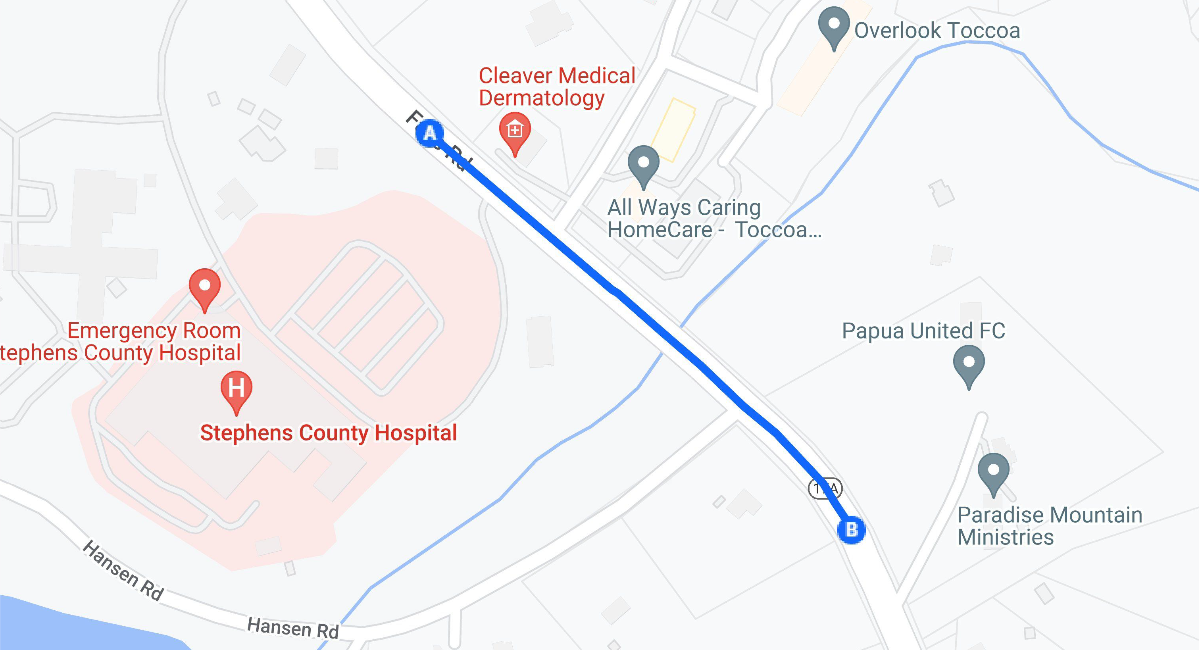(GA Recorder) — A new school voucher bill sponsored by Senate Pro Tempore Butch Miller moved forward in a Senate committee Tuesday.
Senate Bill 601, or the “Georgia Educational Freedom Act,” would provide a $6,000 scholarship to nearly all of Georgia’s approximately 1.7 million public k-12 students to switch to a private school.
Children should not be limited to the school they happen to live near, said Miller, a Gainesville Republican who is running for lieutenant governor. He argued giving parents the means to send them elsewhere will help them succeed.
“I couldn’t be more thankful for the teachers and employees of our school systems, not just in my community, but around the state,” he said. “However, every child is different, every system is different, and not everyone in our state is blessed with the opportunities my children have had, and I think that we’ve seen through the pandemic that there are more options, parental options for our schools.”
School vouchers have been a perennial issue at the Capitol, with opponents decrying them as a means of funneling public dollars to less accountable private institutions.
Miller argued against that idea with a common talking point in the “school choice” movement. While the proposed law would take away the state portion of the money allocated to educating a transferring student, the school would still receive the local portion of the funding, resulting in a net gain, he said.
Democrats expressed skepticism.
“The truth is, if you’ve got a lot of (parents) who decide to move their kids out of their local public education system, the reality is that those schools still have overhead costs that are fixed,” said Atlanta Democratic Sen. Sonya Halpern. “They still have teachers, they have buildings, they have planning that they have to do. And it does, in fact, take a drag on those schools, and the school district. The dollars aren’t just transferring for the child alone, there’s parts of those dollars that are spent on fixed costs.”
Atlanta Democratic Sen. Elena Parent questioned whether the bill would benefit families that could already afford to send their children to private schools. The bill has no income limit, but participating students must have attended a public school for at least six weeks during the previous school year.
“Given that they’re less diverse because they are expensive to attend, and this bill does not give children enough to attend even the average –in fact, it’s a little over half what it is for the average private school attendance, not to mention anywhere in metro Atlanta where they’re significantly more expensive — aren’t you sort of putting private school in reach of some but really leaving out much bigger proportion of kids who wouldn’t be able to take advantage of this?” she said.
According to Private School Review, an online resource for families looking into private schools, the average private school tuition in Georgia is just over $11,000, with schools charging between about $1,000 per year to over $57,000.
No public input
The committee passed the bill without public comment, despite Parent’s objection.
“I really object to rushing a bill of this consequence and not allowing people who have come to the Capitol two times to be heard on it to speak before trying to jam it out of committee,” she said.
Committee Chair Chuck Payne, a Dalton Republican, said there were eight people signed up to speak for the bill and 13 people signed up to speak against it, but they would not get the chance because of limited time.
“Tomorrow is the day we have the deadline, by tomorrow morning, the start of session tomorrow, all bills have to be out of committee, that’s why we’re doing this morning,” he said.
One of the speakers opposed to the bill was Stephen Owens, senior k-12 education policy analyst at the Georgia Budget and Policy Institute.
“I was ready to bring up the fact that $6,000 (the amount included in this voucher bill) is more than schools are given from the state to educate many of their students,” he said. “This year the state provides $5,751 per student, but this average is heavily weighted by students in programs that demand more resources—English Language Learners and students with disabilities are a couple. General education high school students are allotted less than $4,200, a full $1,800 less than the voucher gives. It would only take 42 high school students to use this voucher to deprive the departing public school of $175,000 and hand out $252,000 to a private school, a difference of the salary and benefits for one additional teacher. Why is the state considering prioritizing private education over the public system of education we are constitutionally mandated to support?”
School board meetings
The vote on the bill came after the committee approved another Miller bill designed to protect public access to local board of education meetings.
Battles over masks and so-called critical race theory have led to some rowdy moments in school board meetings around the state, and some parents have been escorted out or, in some cases, arrested. Republican legislators have been focused on passing laws this session that codify the rights of parents in the state.
Miller and Sen. Clint Dixon, a Buford Republican, planned to hold an “Empower Parents” rally in Gwinnett Tuesday evening featuring parents who were removed from Gwinnett County school board meetings.
The proposed law states that “No member of the public shall be removed from a public meeting of a local board of education except for actual disruption of the proceedings and in accordance with the rules of conduct for meetings open to the public adopted and published by the local board of education” and allows for parents who say they have been unfairly kicked out to go to court for relief.
The bulk of the language replicates what is already written in Georgia’s open meetings law, said Jorge Gomez, executive director of administration and policy at Gwinnett County Public Schools.
Gomez said the district believes that the public has a right to attend any board meeting until they cause a disruption, but the bill does not go far enough in defining what is enough to qualify as disrupting a meeting.
“When you say it’s against the law to substantially disrupt a board meeting, what that means to you may be different than what it means to me,” he said. “So, what I would say would be that the bill appears to be duplicative in nature and does not define the key term of substantial disruption. Without a specific definition, that leaves it to broad interpretation.”
Both bills are now slated to head to the full Senate. If they find approval there, the new voucher bill may receive an icier than usual reception in the House.
The continuing battle over school choice took a strange turn this year when House Speaker David Ralston declared the death of a similar bill after a group supporting it sent out mailers to Republican voters urging them to resist the radical left by ensuring their representatives supported the legislation.
“That voucher legislation will not move at all in the Georgia House of Representatives this year, period,” Ralston told the Atlanta Journal-Constitution.
















